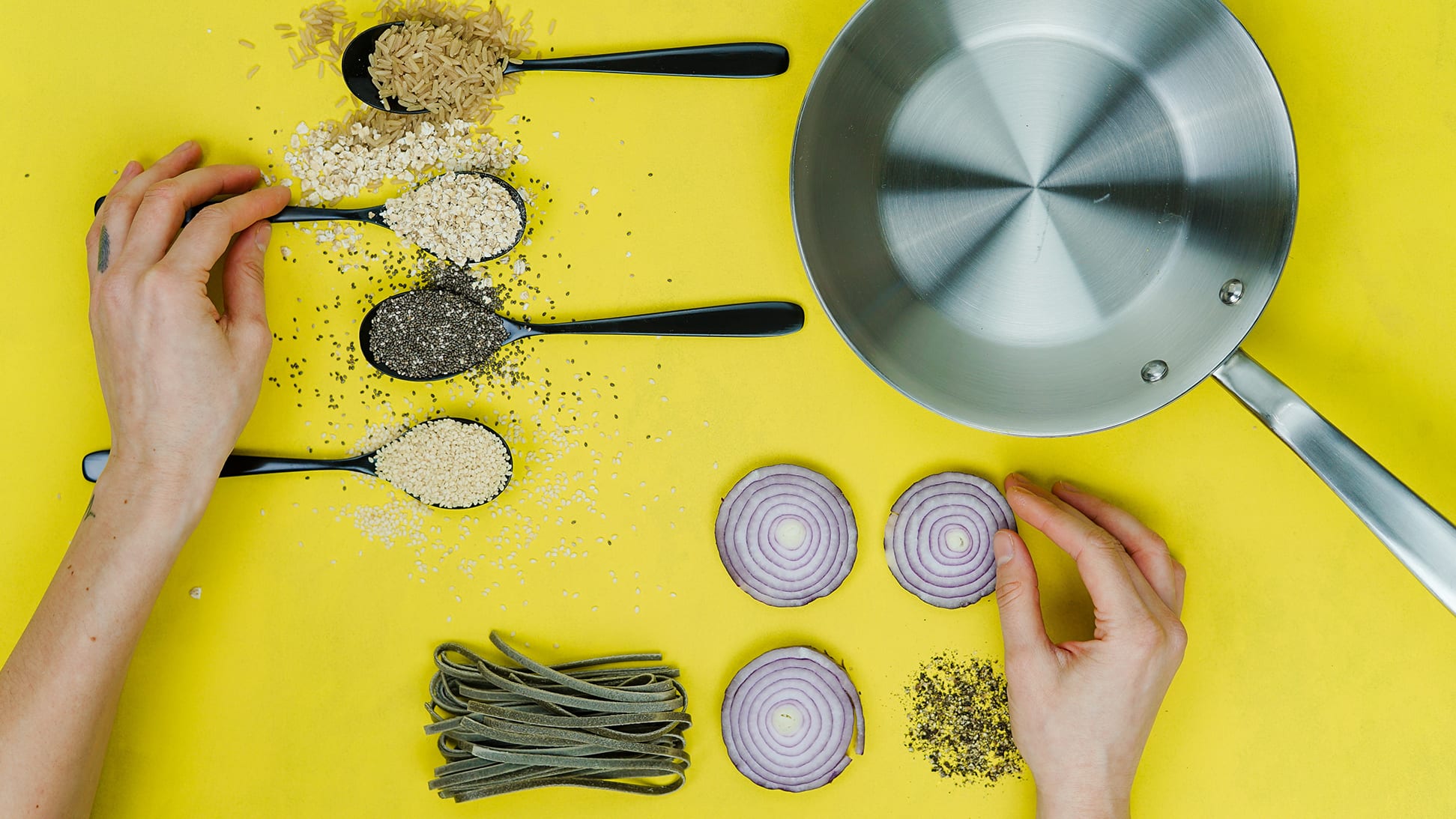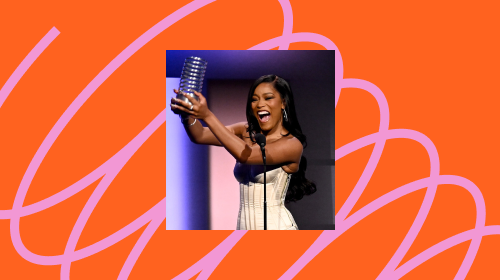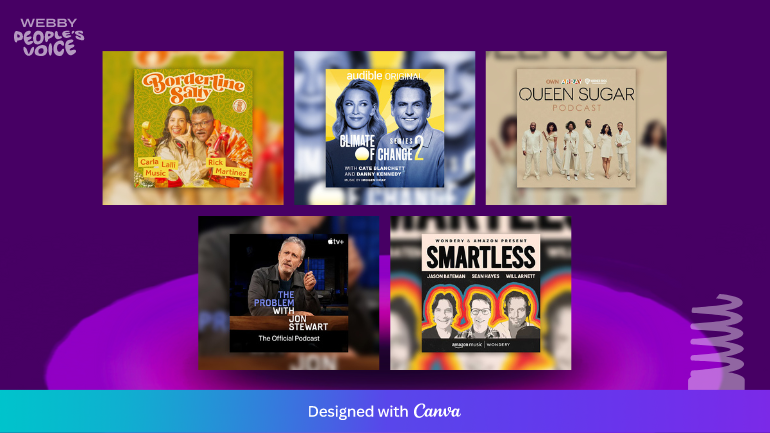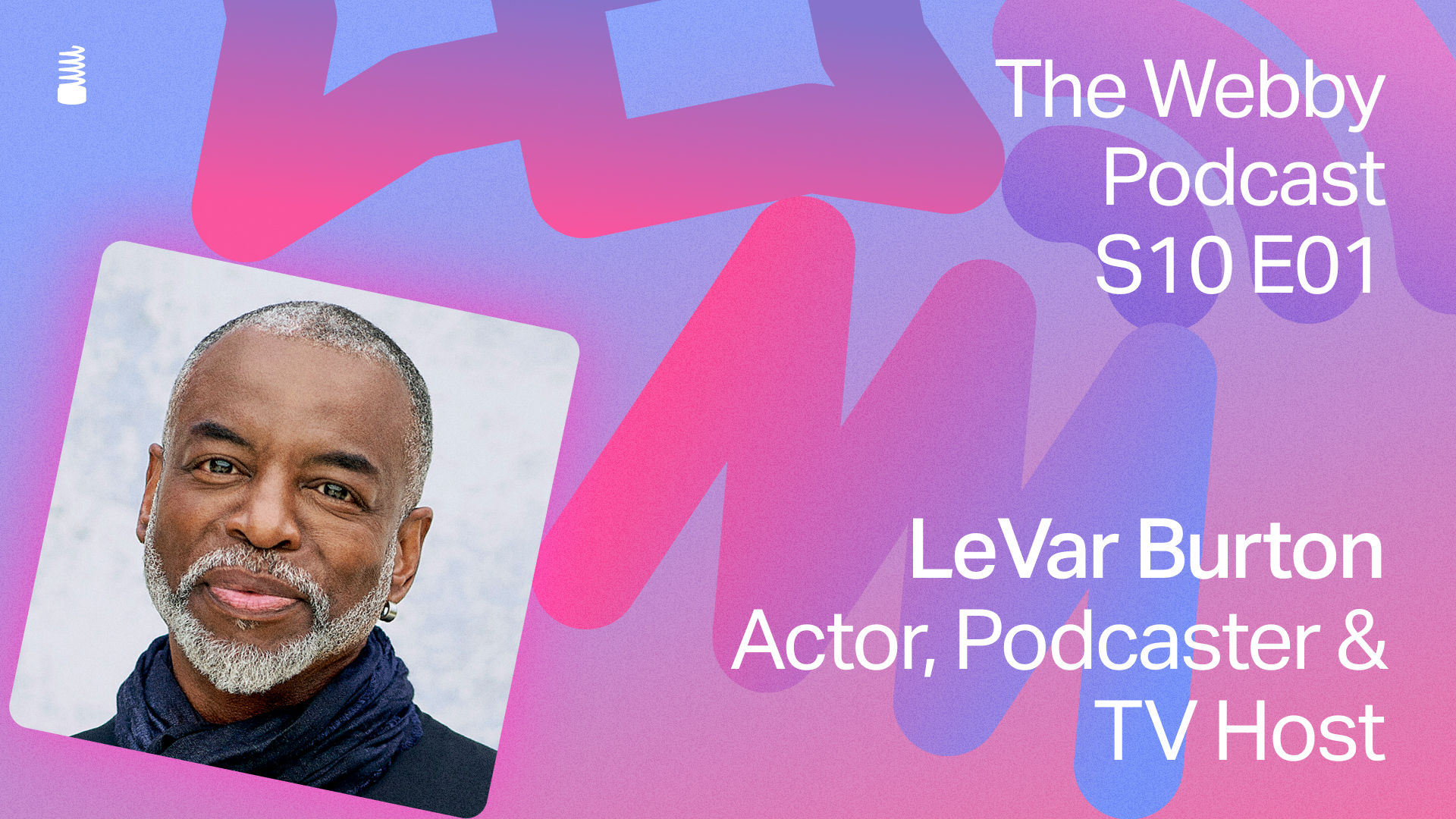What can cooking look like in 2019, and how can voice technology help make the experience better? BBC set out to answer that question with their Webby-winning project BBC Good Food Alexa Skill, which gives consumers their own in-home sous chef with a voice guided experience tailored for Alexa.
The project won a 2019 Webby Award in Voice for Food & Drink. We spoke to the BBC team about creating the voice skill for Alexa
Read our Q&A below, and enter your work before the extended deadline: Friday, Feb. 7th.
“ Voice is such a new and exciting territory, and it’s encouraging and validating for the team at HMSD and BBC Good Food to see that the highly experienced judges over at Webby recognize our strategic direction and best in class implementation.”
The BBC Good Food Alexa Skill redesigned the cooking experience for users looking to explore hands-free recipes. Why did your team decide to work on this project?
Originally we thought about voice as the most effective interface for the smart home, something to connect the dots and bring appliances and experiences together. This is a vital role for voice—and we’re really motivated to pioneer that territory.
The BBC Good Food Skill is a clear example of this in action. Initially the skill focused on inspiring users with recipes and guiding them through the cooking experience, but it has huge potential to go further by connecting with the connected kitchen appliances to peripheral services. For instance, our current Smart fridge integration already allows users to asked for recipes based on the ingredients they have in the fridge, but imagine if we fired up the oven to the right temperature, allow users to buy missing ingredients for immediate delivery and set necessary timers!
This type of all-encompassing personalized experience sounds far-fetched, but all the pieces are already in place. The trick is to make it all happen in a way that feels easy and uncomplicated for users. Voice is perfect for that.
What were the aspects you absolutely had to get right, and the most challenging parts of creating BBC Good Food?
Many moons ago, when we started building our first websites, our audience had books as a field of reference. They were used to consuming content in text and images, with web we could make it even better by adding video, sound, and “sexy” flash animations.
For voice, the field is reference a human conversation—people are expecting the skill to work like a conversation you could have with a person. As amazing as it is, voice isn’t at par with a human conversation yet, and the onus is on us overcome that in our user experience. This was the most challenging thing: condensing the content and guiding users through the paths and responses, so the experience flowed like a conversation despite any technical limitations. This comes down to making it simple and not opening up the skill so much that it reveals these limitations.
What’s one thing you learned, and what advice can you offer to fellow media companies looking to do work in Voice?
1. Expect the unexpected. No matter how you think users will talk to your skill, you’re bound to have users ask things you weren’t expecting, or at least they’ll ask for expected things in unexpected ways.
2. Make a plan to dynamically respond to these failed intents. In practice, this means that you’d use similar sounding words as synonyms. For example, when building the WaterAid skill, we added “rabbit” and “repeat” as accepted/expected responses for the word (frog sound) “Ribbit.”
3. You might build a backend that allows you to update the accepted/expected responses dynamically. You’ll be clever about what you ask users to respond with. For instance, for BBC Good Food, you could see that we numbered the recipe options, so that users could select their desired recipe with the number only – there is just too much room for misinterpretation if we expected the user to remember and recite the recipe title.
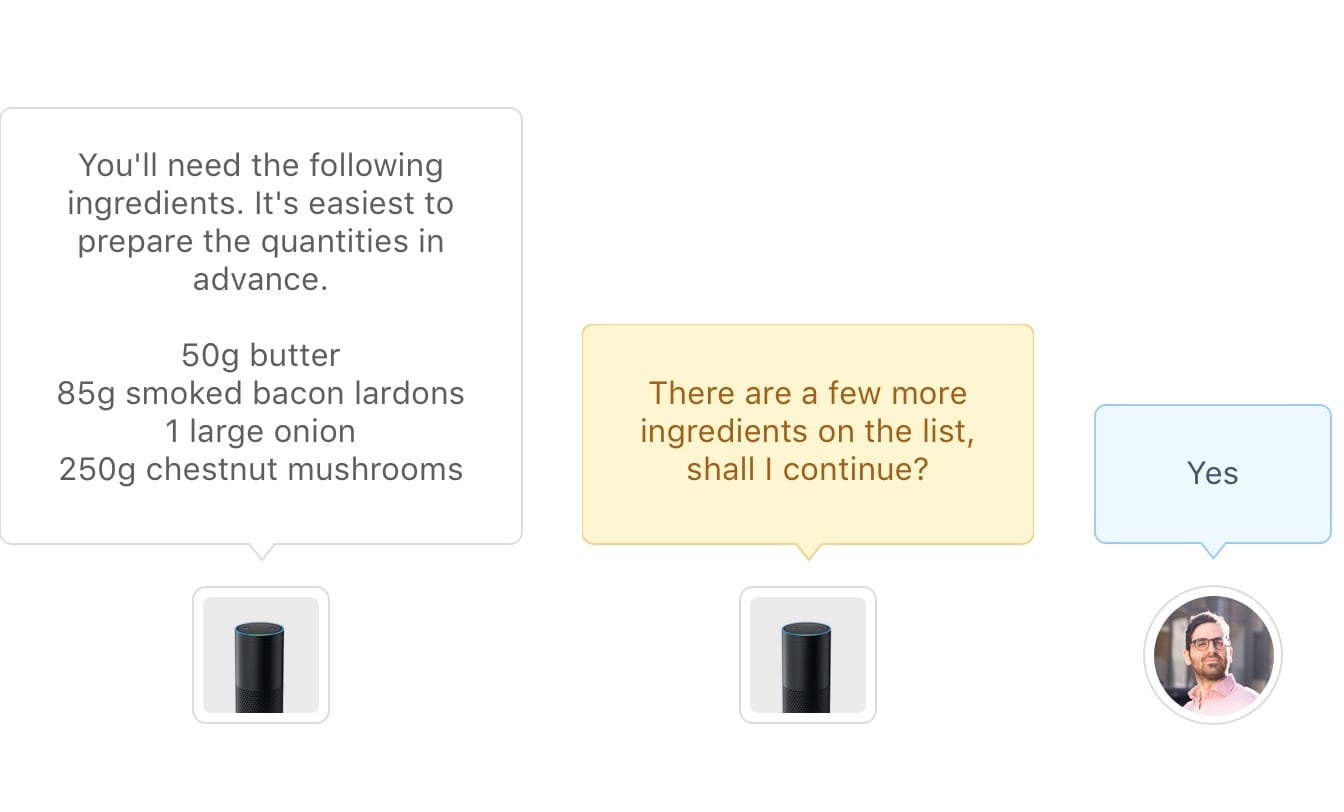
Is there more you would like to be able to do with BBC Good Food and voice technology in the future? How do you envision the next iteration?
Absolutely, Alexa’s multi-modal framework means that we can connect the experience with smart TVs, and screen enabled Alexa devices (Spot, Show), this opens up an even richer experience for Good Food Fans.
Additionally, Alexa’s ISP (in skill purchasing) gives us a very clear path for direct monetization of the more valuable content.
You won the Webby Award for Food & Drink in Voice. What did this win mean to you and your team, and how does winning at The Webbys impact your work?
We’re incredibly proud of our Webby Achievement. Voice is such a new and exciting territory, and it’s encouraging and validating for the team at HMSD and BBC Good Food to see that the highly experienced judges over at Webby recognize our strategic direction and best in class implementation.

